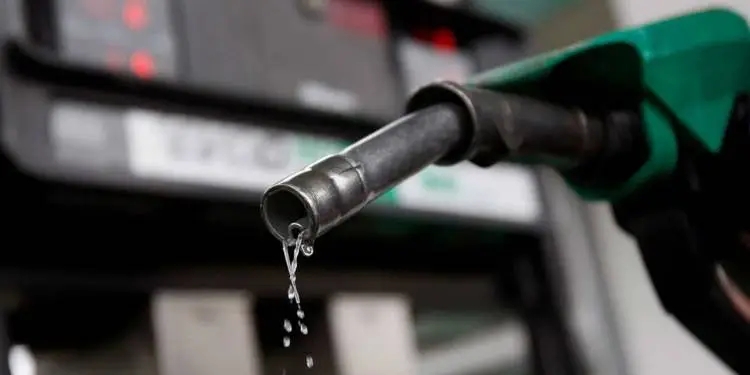- The Tracking SDG 7 report by the IEA, IRENA, and other organizations emphasizes that tracking funding is essential for increasing investments in clean energy globally.
- Achieving SDG 7 by 2030 requires substantial investments in renewable energy, which can be facilitated by redirecting funds from fossil fuels, increasing official development assistance commitments, innovating funding mechanisms, and implementing structural reforms in international public finance.
- Strong political will and collaboration among global stakeholders are necessary to implement these steps. The report also calls for clear commitment descriptions in financial databases and detailed financial breakdowns for each clean technology.
The Tracking SDG 7 report, a collaborative effort by the International Energy Agency (IEA), International Renewable Energy Agency (IRENA), and other organizations, highlights that tracking and reporting will play a crucial role in driving increased investments in clean energy worldwide.
According to the report, substantial investments in renewable energy are necessary to achieve SDG 7 by 2030. To accomplish this, several essential steps need to be taken, including:
- Redirecting investments from fossil fuels
- Increasing commitments to official development assistance (ODA)
- Innovating funding mechanisms
- Ensuring transparent commitment reporting through robust international collaboration
- Implementing structural reforms in international public finance.
These measures will require strong political will and collaboration among global stakeholders. The report also emphasizes the importance of clear descriptions of commitments in financial databases and providing detailed financial breakdowns for each clean technology.
A part of the report stated:
- “The prevalence of multi-technology commitments, such as green bonds and investment funds, and technical/policy assistance activities reduce the classification accuracy of financial flows for the energy sector. A standardized system for reporting on and tracking renewable energy investments would help better track commitments.”
The sub-Saharan African (SSA) context
According to the cited report, the sub-Saharan African region should focus on improving its ability to attract clean energy investments. Despite having significant renewable energy potential, countries in sub-Saharan Africa currently receive relatively low levels of investment in clean energy projects.
A part of the report stated:
- “Considering the broader landscape of renewable energy investment (including both private and domestic flows across developed and developing economies), Sub-Saharan Africa attracted less than 1% of overall investments in 2021, despite its high renewable energy potential and unmet energy needs.”
Increasing clean energy investments in SSA
The report emphasizes the critical importance of increasing clean energy investments in sub-Saharan Africa and highlights the need to develop a comprehensive system to attract such investments. This system should include categories and sub-categories that identify renewable energy technologies, energy access initiatives such as off-grid solutions and mini-grids, project capacities in energy units, and socioeconomic impacts.
To establish this system, collaboration among international organizations, governments, private sector developers, and multilateral development banks is essential. These stakeholders must work together to create guidelines, frameworks, and energy-based classification criteria.
The report also addresses the challenge of tracking financial disbursements, as funding commitments often do not translate into actual disbursements. To address this issue, the report suggests compiling and publishing detailed and transparent data.
This would facilitate well-informed financing decisions, increase accountability among donors, and help identify funding gaps. Overall, the report underscores the need for a coordinated approach involving multiple stakeholders to drive clean energy investments in sub-Saharan Africa, while also emphasizing the importance of reliable and transparent data in the process.













